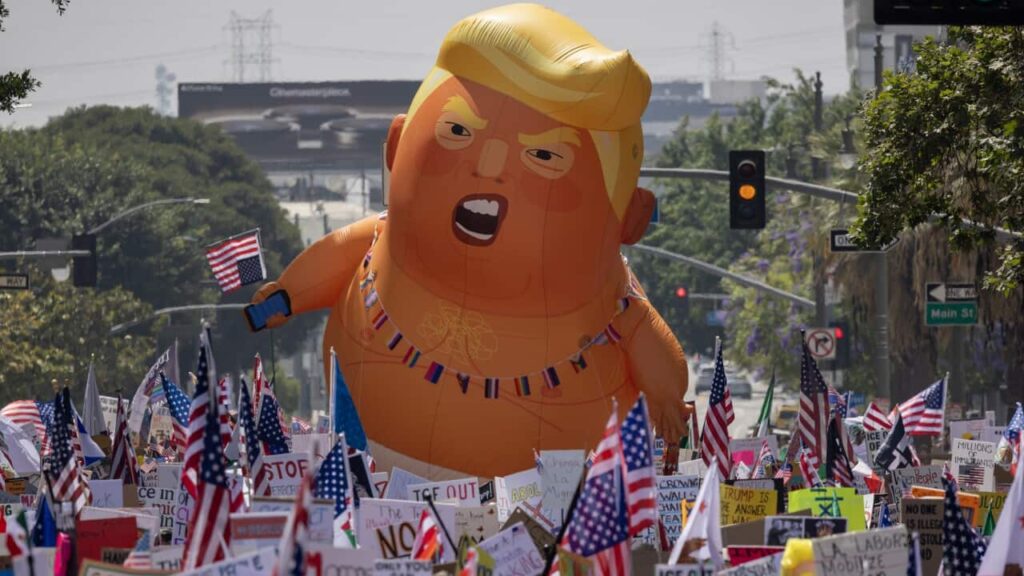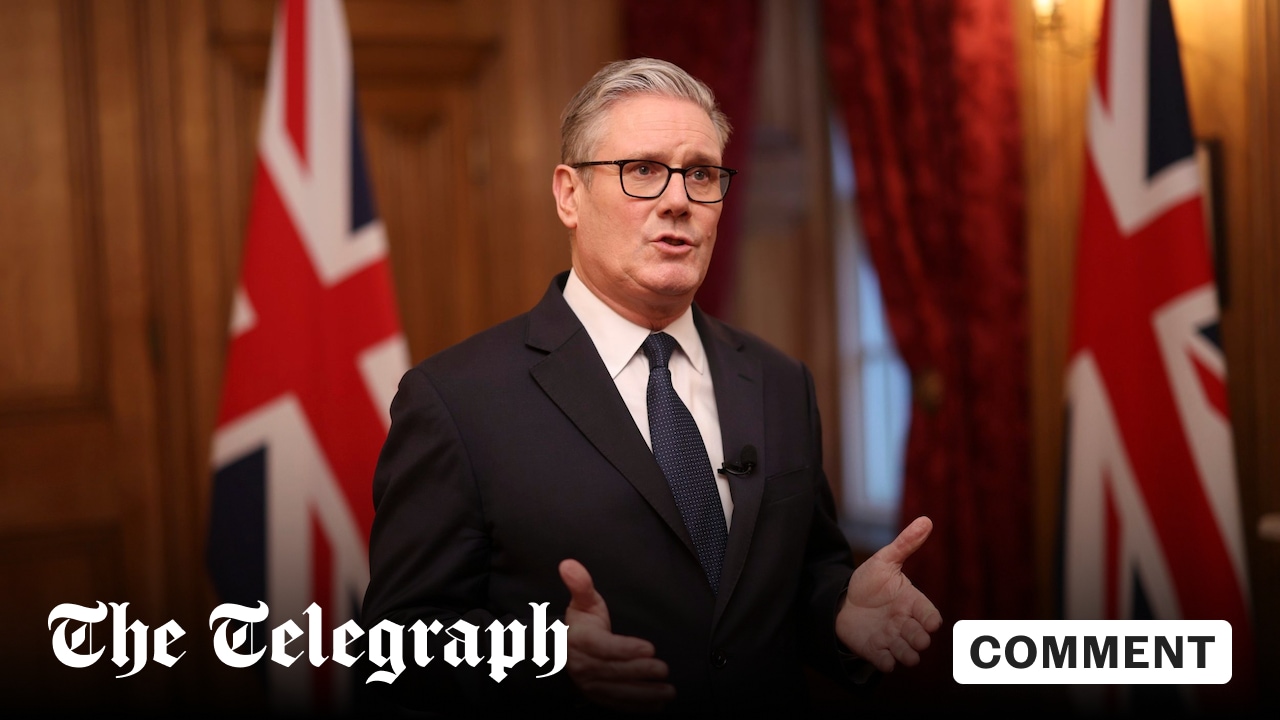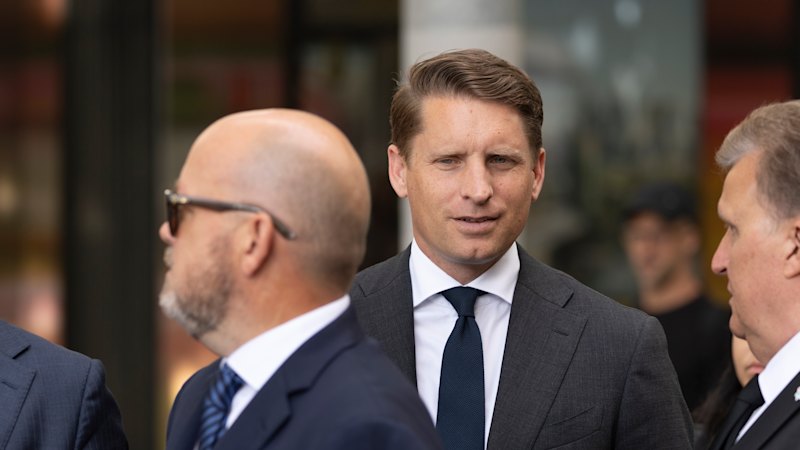
Protesters of all ages took to the streets for “No Kings” rallies across the United States, denouncing what they perceive as authoritarian tendencies and corruption under President Donald Trump. Organizers reported that seven million people participated in demonstrations from New York to Los Angeles, with rallies even occurring in small cities across the heartland and near Trump’s residence in Florida.
The demonstrations, described as largely festive, featured inflatable characters and marchers in costumes. The diverse crowds included parents with children in strollers, retirees, and pet owners. Notably, reports of lawlessness were minimal.
Understanding the “No Kings” Movement
The protests reflect a growing unease among Americans, particularly on the political left, regarding Trump’s policies. Concerns include the criminal prosecution of Trump’s perceived political enemies, militarized immigration crackdowns, and the deployment of National Guard troops in U.S. cities—a move Trump claims is to combat crime and protect immigration agents.
Trump’s administration has rapidly implemented its policies, installing inexperienced loyalists and exerting pressure on the media, law firms, and higher education institutions. Leah Greenberg, co-founder of Indivisible, a progressive organization that helped organize the events, stated, “There is nothing more American than saying, ‘We don’t have kings’ and exercising our right to peacefully protest.”
Scenes from Across the Nation
In New York City, demonstrators filled Times Square, where police reported “zero protest-related arrests” despite over 100,000 people rallying peacefully. Events in Boston, Philadelphia, Atlanta, Denver, Chicago, and Seattle also drew large crowds.
On the West Coast, more than a dozen rallies occurred around Los Angeles, including a major gathering downtown. In Seattle, demonstrators filled a parade route stretching over a mile from downtown to the Seattle Center plaza near the Space Needle. San Diego saw over 25,000 peaceful protesters, according to police.
“Against the overreach of power,” said Aliston Elliot, a protester in Washington, D.C., wearing a Statue of Liberty headpiece. “We want to show our support for democracy and for fighting for what is right.”
Protests and Political Reactions
The rallies, though boisterous, remained orderly, with police maintaining a low profile. In Washington, D.C., demonstrators marched toward the U.S. Capitol, chanting and carrying signs, flags, and balloons. Many participants wore costumes in a carnival-like atmosphere.
In Phoenix, Arizona, a protester reinterpreted Trump’s 2016 campaign slogan “Lock her up” with a sign targeting the current administration. In Portland, Oregon, Kevin Brice, a military veteran, expressed his disapproval of federal agents arresting people in the streets, stating, “I’m embarrassed that we’re talking about using the military against civilians.”
Trump responded aggressively to the protests, posting AI-generated videos on his Truth Social platform depicting himself as a king. In one video, he is shown wearing a crown and piloting a fighter jet dropping what appears to be feces on anti-Trump protesters. Meanwhile, House Speaker Mike Johnson criticized the rallies as “Hate America” protests.
Grassroots Support and Future Implications
More than 300 grassroots groups helped organize the marches, according to Greenberg. The American Civil Liberties Union provided legal training to thousands of people acting as marshals, trained in de-escalation techniques. No Kings ads and information flooded social media to boost turnout.
Prominent figures like Senator Bernie Sanders, Representative Alexandria Ocasio-Cortez, and former Secretary of State Hillary Clinton supported the marches, alongside senior Democratic lawmakers. Senate Minority Leader Chuck Schumer stated on X, “Today’s No Kings rallies are an affirmation of what America is all about. We are a democracy.”
In June, over 2,000 No Kings protests occurred, coinciding with Trump’s 79th birthday and a military parade in Washington. Dana Fisher, a professor at American University, predicted Saturday’s turnout could be the largest in modern U.S. history, estimating participation based on registrations and previous events.
“The protests are not going to change Trump’s policies. But it might embolden elected officials at all levels who are in opposition to Trump,” Fisher commented.
As the nation grapples with these demonstrations, the future of the “No Kings” movement remains a point of interest, with potential implications for upcoming elections and policy debates.





